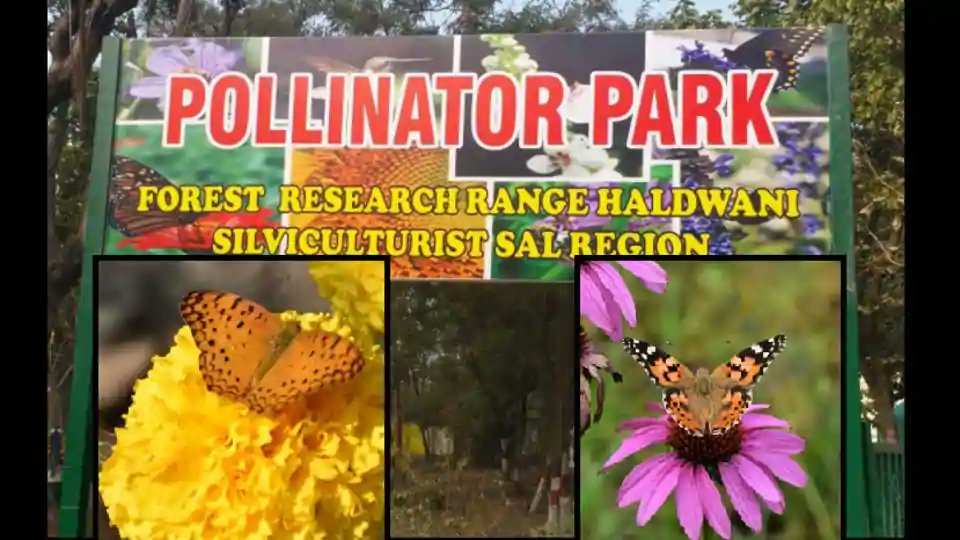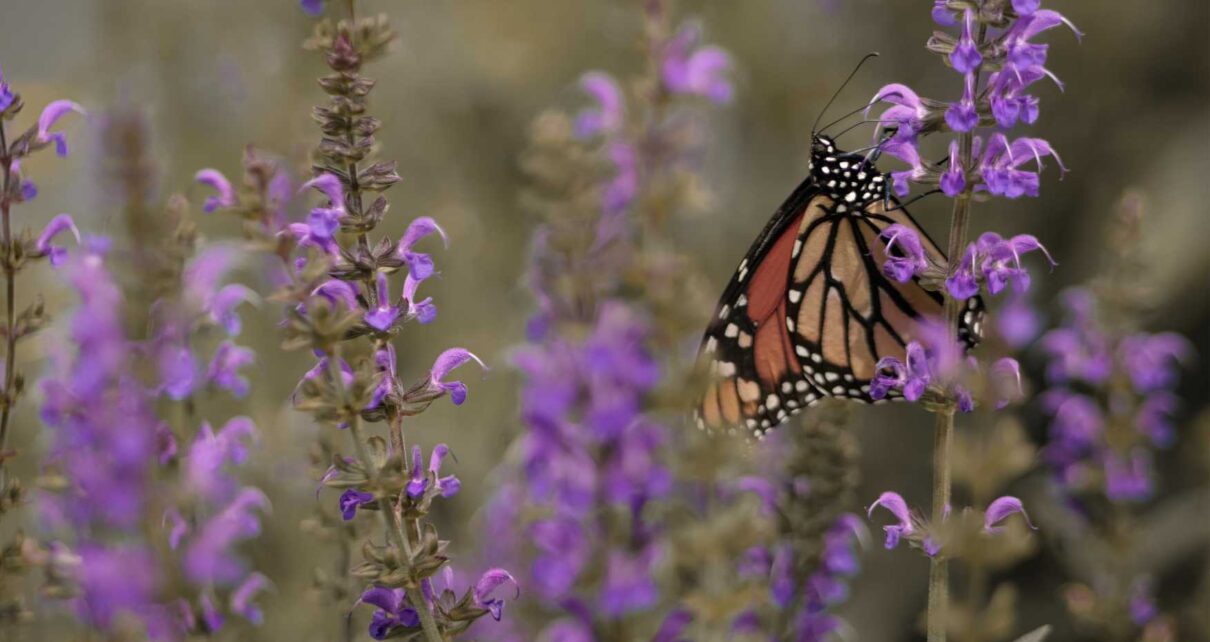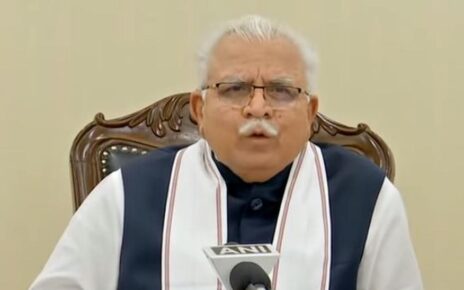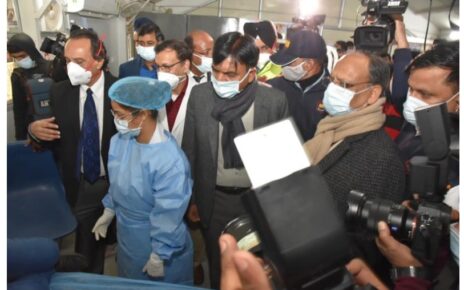The country’s first pollinator park with over 40 species of butterflies, honeybees, birds and insects has been set up at Nainital’s Haldwani.
Spread over four acres, it was developed by the research wing of the Uttarakhand Forest Department. The park was inaugurated on Tuesday by renowned butterfly expert Peter Smetacek, from Butterfly Research Centre, Bhimtal.

The objective behind developing the park is to conserve various pollinator species, create awareness among people about the importance of conservation of these species and to promote further research on various aspects of pollination, including threat to habitat and impact of pollution on pollinators.
There are at present 40 species of pollinators at the pollinator park, including common jezebel, common emigrant, red pierrot, common sailer, plain tiger, the common leopard, the common moron, common grass yellow, common blue bottle, common four ring, peacock pansy, the painted lady, pioneer white, yellow orange tip and lime butterfly.
Giving details of the pollinator park, Sanjiv Chaturvedi, chief conservator of forests (CCF) said, “Various mini habitats have been created for various pollinators. The park has marigold, rose, hibiscus, jasmine for honeybees and butterflies, birds and moth species. There are also host plants to provide shelter to eggs, larvae and pupa, like curry leaf plant, citrus species, cassia species. Apart from this, to attract various bird and butterfly species, bird feeders and nests have been placed throughout the park, with food grains. Also, some cut fruits have been put in the park as certain butterfly species are attracted to such cut fruits.”
He said endemic species of honeybee Apiscerana indica, have also been reared in the park. “Their numbers have declined considerably in recent years because of various threats like pollution, use of pesticides/insecticides and dominance of European species in honey production”, he said.
The CCF said in India attention has not been given to the concept of pollinator park so far. “In USA and western countries, the importance of pollinators was recognised long back and to conserve pollinators, pollinator parks, gardens, strips and pathways have been created there”, he said.
Talking about the importance of pollinators and why people should know about them, Chaturvedi said somewhere between 75% and 95% of all flowering plants on the earth need pollinators to reproduce. “Pollinators provide pollination services to over 180,000 different plant species. Without them, existing populations of plants would decline, even if soil, air, nutrients, and other life-sustaining elements were available. Pollinators affect nearly 35% of global agricultural land, supporting the production of 87 of the leading food crops worldwide, and thus forming the basis of our life”, he said.




